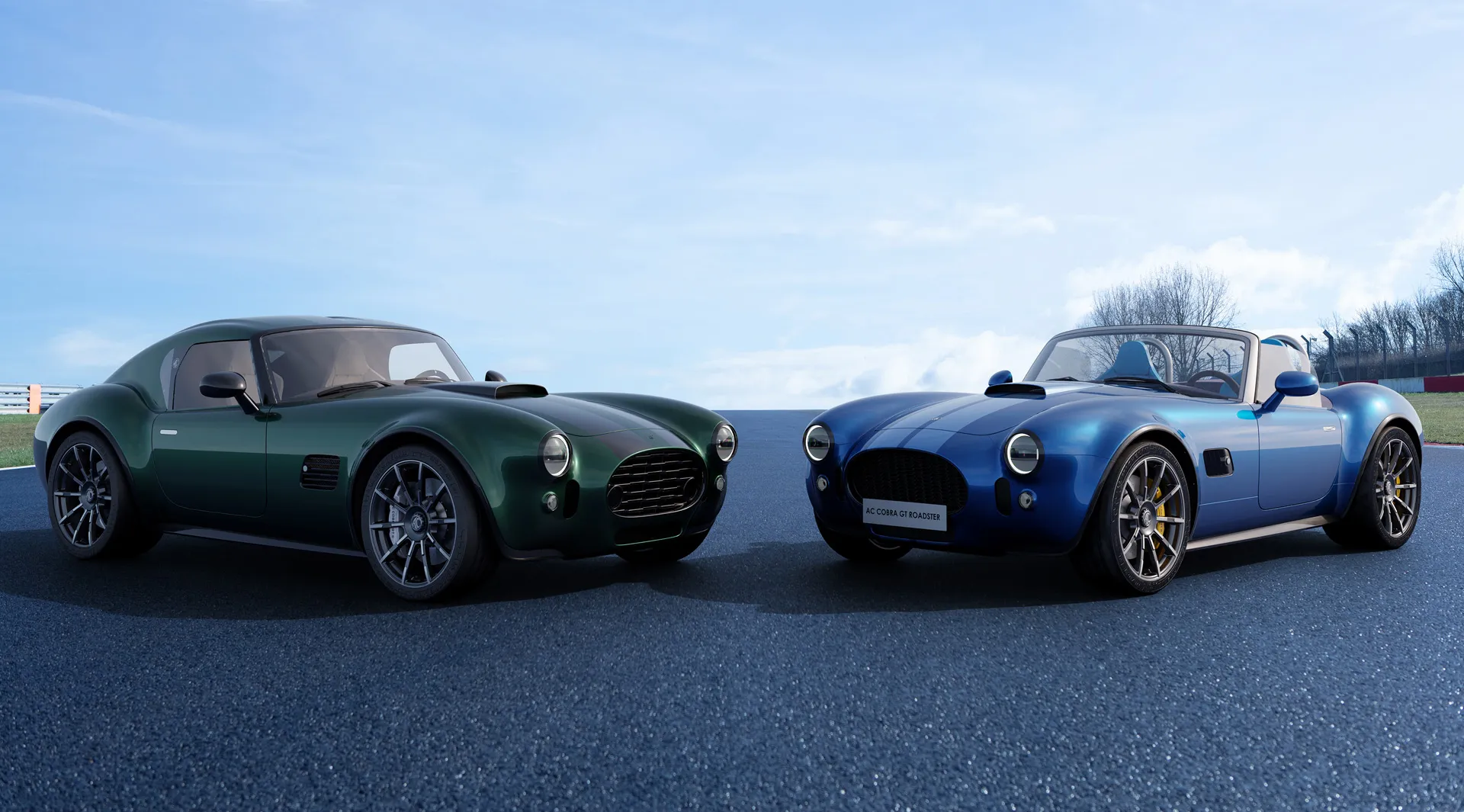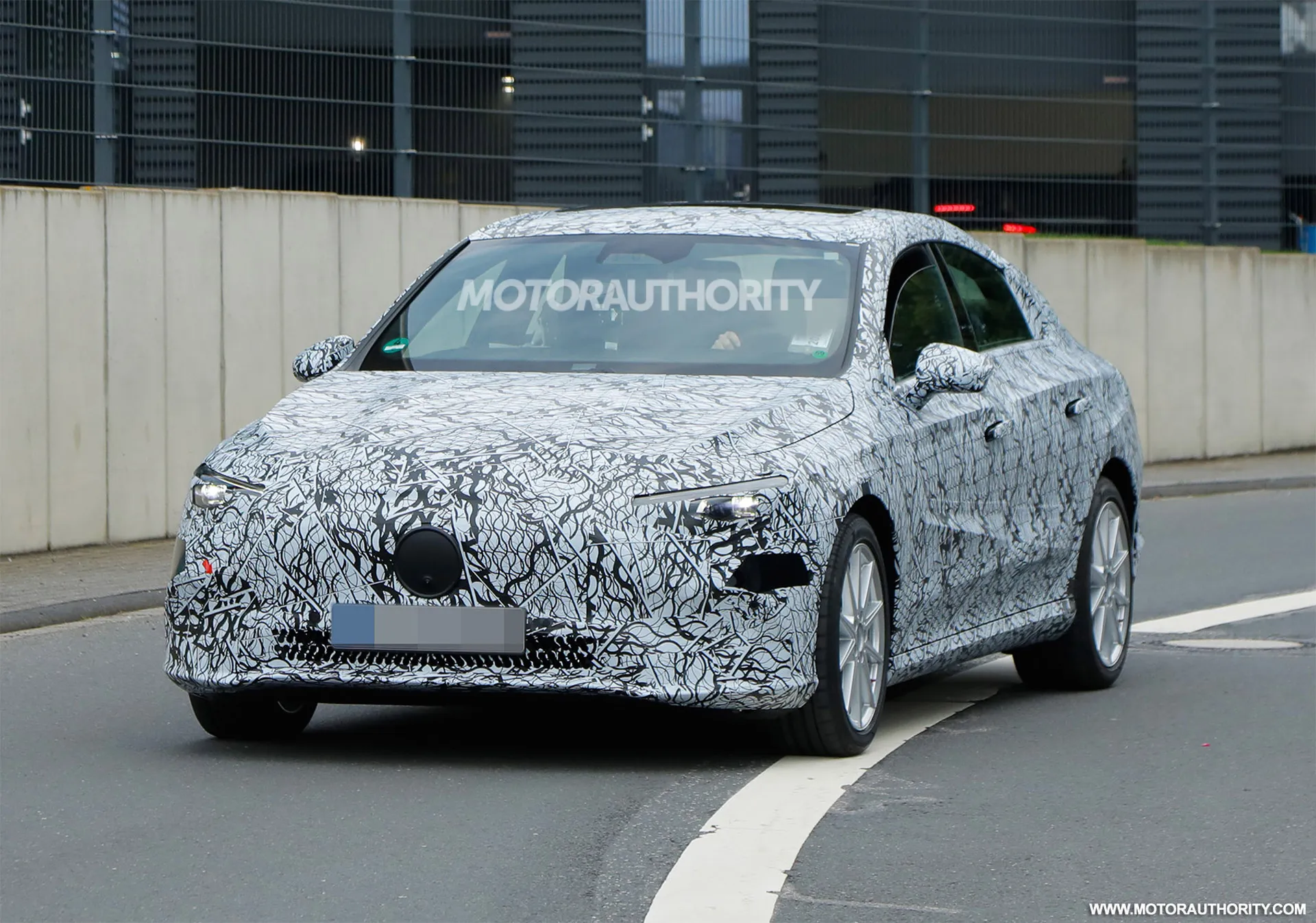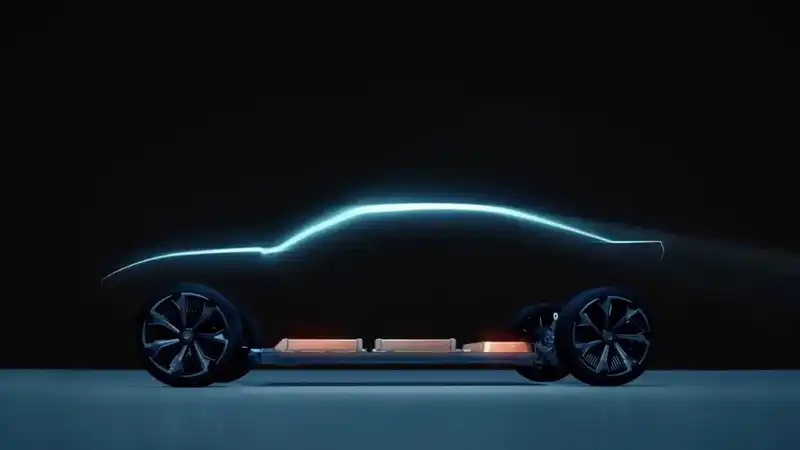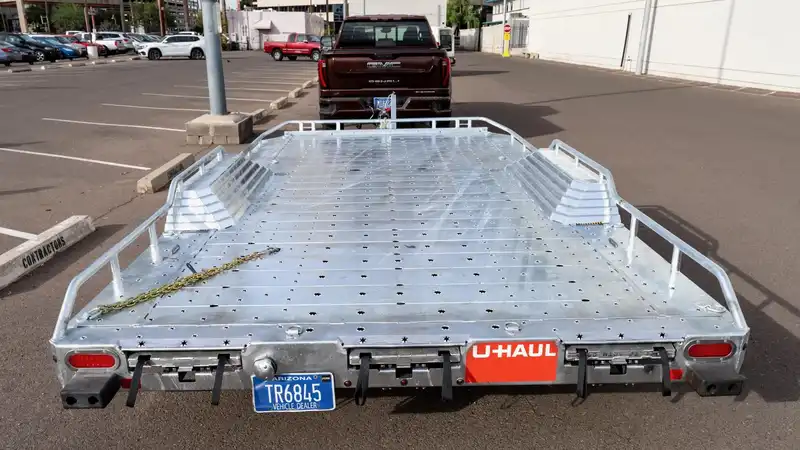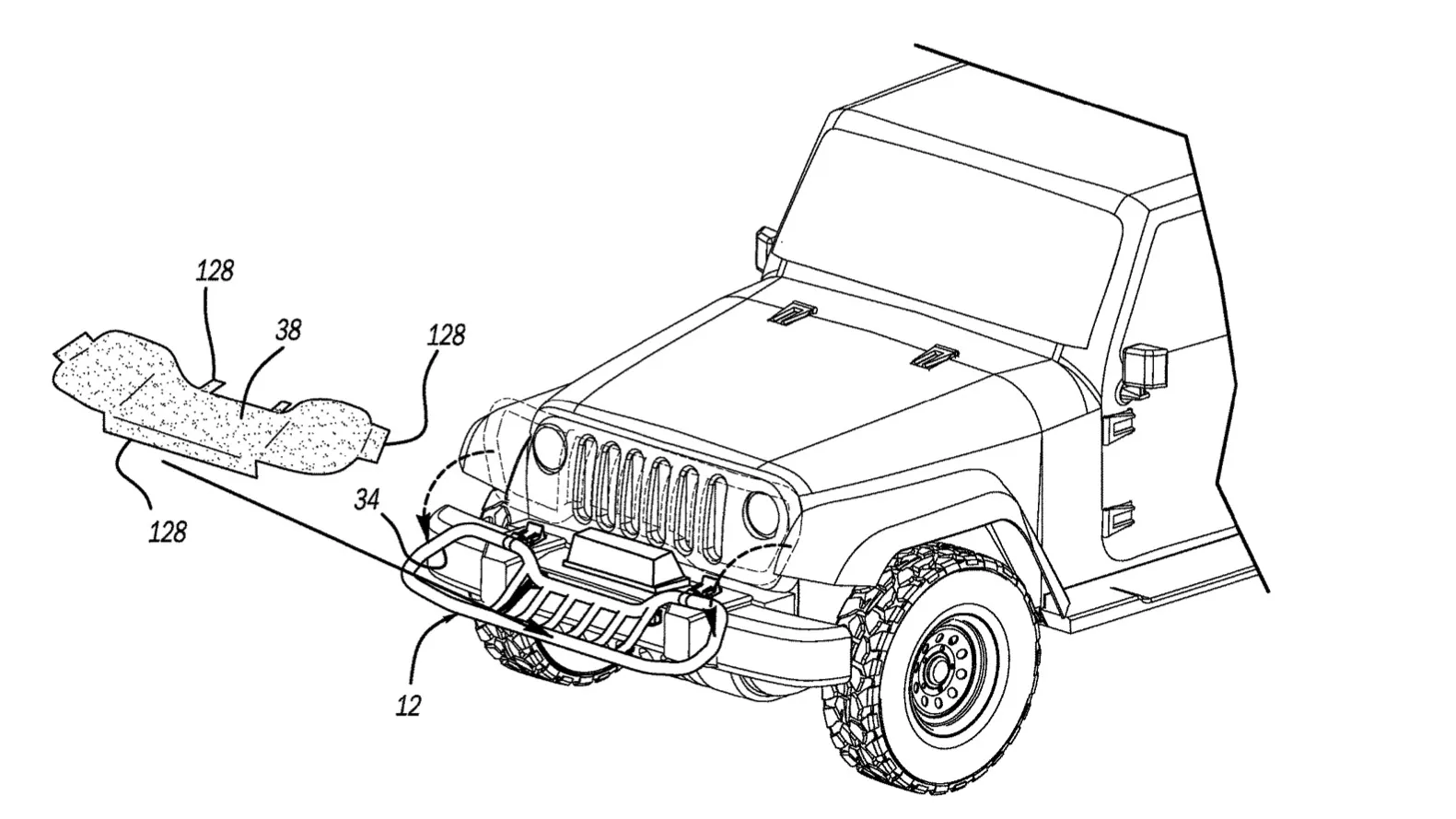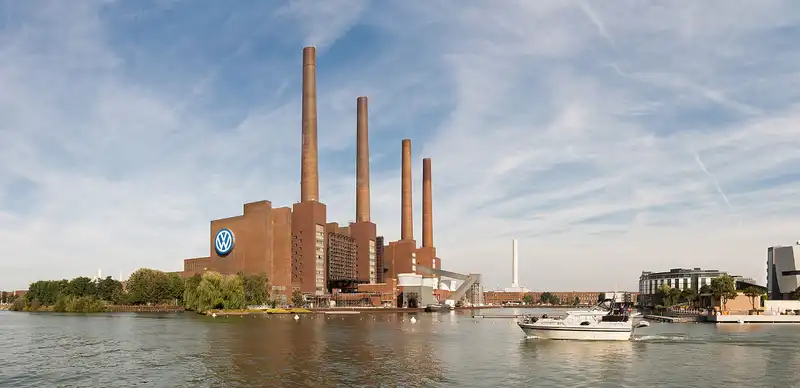Porsche Changes Strategy Amid Sluggish EV Demand
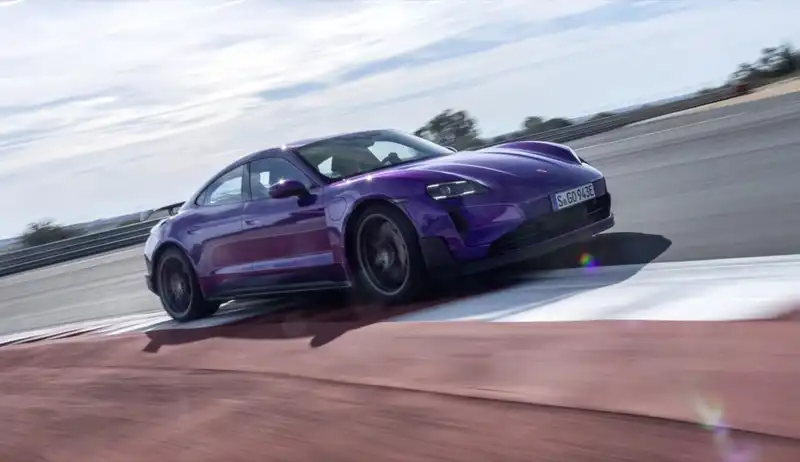
Due to slower-than-expected demand growth, Porsche has changed its strategy regarding electric vehicles.
Citing a statement from Porsche, Reuters reported on Monday that the automaker expects the transition to EVs to take longer than originally thought and no longer has a goal of EV sales reaching 80% of total sales by 2030.
Instead, Porsche said it will explicitly link its EV sales targets to customer demand and the development of the EV segment, adding that it could reach its original 80% target by 2030 if demand justifies it.
Porsche is not alone. Mercedes-Benz announced in February that it expects to sell gas-powered vehicles beyond 2030. Similarly, Cadillac, which had targeted a fully electric vehicle lineup by 2030, said in May that it would likely sell gas-powered vehicles beyond that time frame.
Porsche plans to phase out some gasoline vehicles in the coming years. The current 718 Boxster and Cayman will be replaced by electric successors next year, while production of the gas-powered Macan will end in 2026. The electric Macan was launched earlier this year.
Sales of Porsche's debut EV, the Taycan, have plummeted since the beginning of the year, possibly due to buyers waiting for updates to the 2025 model, which debuted in February. Sales of the Taycan were down 54% in the first three months of 2024 compared to the same period last year.
Porsche also named a new head of China this week after sales in the country fell 33% in the first half of 2024. China accounted for about 25% of Porsche's global sales in 2017, but that figure has now dropped to about 19%.
